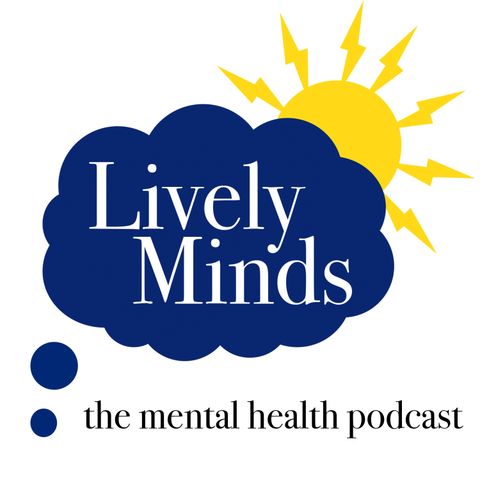
Contacts
Info
Lively Minds is a podcast about mental health challenges that go beyond the ebb and flow of the everyday. Led by people with lived experience, the show looks at how...
show moreEpisodes are released on the first Friday of each month.
Find out more at www.anyamedia.net/livelyminds

Lively Minds, the UK Mental Health Podcast
Lively Minds, the UK Mental Health Podcast
Ellie Page & Will SadlerLively Minds is a podcast about mental health challenges that go beyond the ebb and flow of the everyday. Led by people with lived experience, the show looks at how...
show moreEpisodes are released on the first Friday of each month.
Find out more at www.anyamedia.net/livelyminds
Information
| Author | Ellie Page & Will Sadler |
| Organization | Will Sadler |
| Categories | Health & Fitness , Mental Health , Philosophy |
| Website | - |
| livelyminds@anyamedia.net |
Copyright 2024 - Spreaker Inc. an iHeartMedia Company
